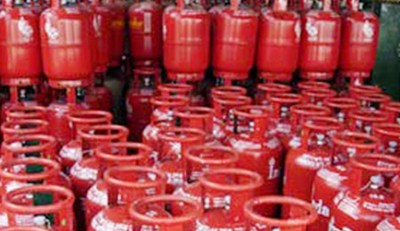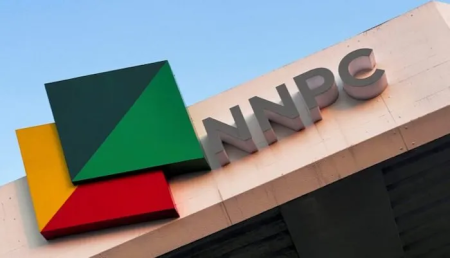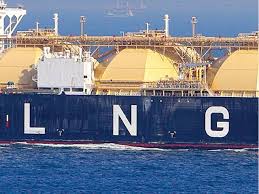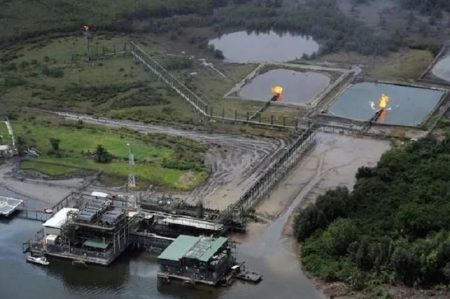
OpeOluwani Akintayo
Lagos — The price of the Liquefied Petroleum Gas, LPG, or cooking gas has kept soaring in Nigeria since the first half of 2021 despite the Nigerian government’s National Gas Expansion Programme, NGEP, which is aimed at increasing the use of gas and making the commodity cheaper for the masses.
SweetcrudeReports gathered that the price is soaring because the Federal Government has implemented a 7.5 percent Value Added Tax, VAT, on imported Liquefied Petroleum Gas, which has brought added cost to independent marketers importing the product.
While the Nigeria Liquified Natural Gas company, NLNG, currently supplies about 35 percent of the product consumed in the country, market, independent marketers import about 70 percent of the product.
Nigeria is home to a proven gas deposits of 206.53 trillion cubic feet, according to the Department of Petroleum Resources, DPR.
It was gathered that the government implemented the VAT on LPG imports about three weeks ago and that marketers were asked to pay the tax for commodities imported several months ago.
The price of a 12.5kg of cooking gas that sold for about N3,500 in December, 2020 had jumped to as high as N6,800 in parts of Abuja, and as high as N6,500 and N7200 in some parts of Lagos State.
Marketers have, therefore, forecast that the 12.5 kilogramme of the LPG will sell for N10,000 by December this year – about three months away – if the government does not intervene.
” The Federal Government’s gas plan isn’t working as expected. The tax increment is pushing us to the wall. Getting forex to buy is also challenging”, an importer who pleaded anonymity told this newspaper.
It was gathered that small businesses and homes in rural and semi-urban areas have reverted to firewood and charcoal as a result of the rising cost of the LPG.
The national Chairman, Liquefied Petroleum Gas Retailers Association of Nigeria, Michael Umudu, said there were three factors that caused the surge in price.
“There are three major factors to the hike in prices. Firstly, about 70 per cent of the gas we consume in Nigeria is imported and importers have to contend with the high cost of foreign exchange.
“Secondly, there is a rise in the price of petroleum products in the international market and because of that, the cost of LPG has equally gone up. So, importers now pay more on imports.
“And thirdly, the government added VAT on imported LPG about three weeks ago. It (VAT) was 7.5 per cent of the cost of the commodity and this exacerbated the price hike of cooking gas in the past three weeks,” he said.
Umudu stated that before the introduction of VAT, foreign exchange and cost of petroleum products in the international market had been the factors causing the high cost of the product in the country.
“Around November/December last year, 12.5kg was sold at about N3,500, but in July it went up to around N5,500 and when VAT was introduced about three weeks ago, it now escalated to about N6,500 and above,” he also said.
He added: “The price hike seems to be happening on a daily basis and nobody can tell when it will stop. There has been a lot of appeal to the government to find a way of persuading NLNG to increase its domestic supply so that the product can be affordable.
“NLNG supplies about 35 per cent of the gas we consume locally and that percentage is not adequate. And the gas sold by NLNG is even sold at international price and is priced in dollar not naira.”
On the cost of the commodity in metric tonnes, Umudu, said: “20MT is now in the average of about N8 million. And before VAT was introduced, the price of 20MT was around N6.8 million to N7 million, which was the highest price then.”
He noted that consequent to the [rice rise, there has been an upsurge in the use of firewood and other alternative energy sources nowadays.
“If you come to Lagos, you will see heaps of firewood like groundnut pyramids. Many people who use LPG to run their small businesses cannot cope again because of the price. They are in crisis right now; some of them are now using firewood, others, charcoal,” Umudu stated.
“Many people in the rural and semi-urban areas are dropping their cylinders. Those who find it difficult to get alternatives are actually going through a very hard time,” he added.
Follow us on twitter



